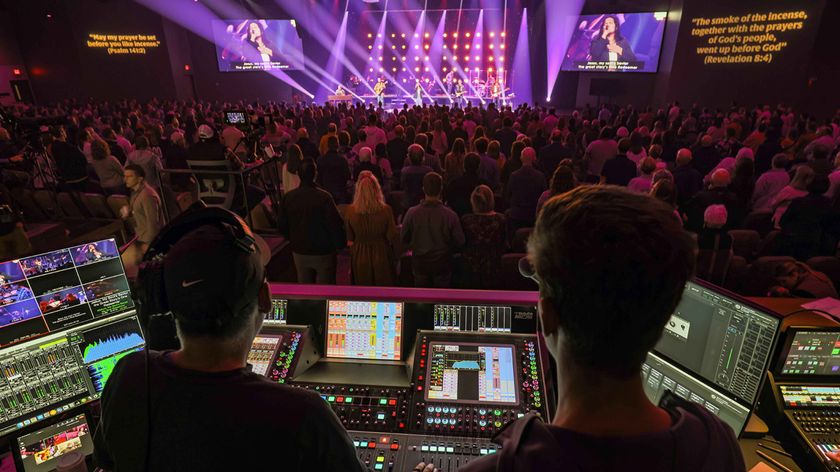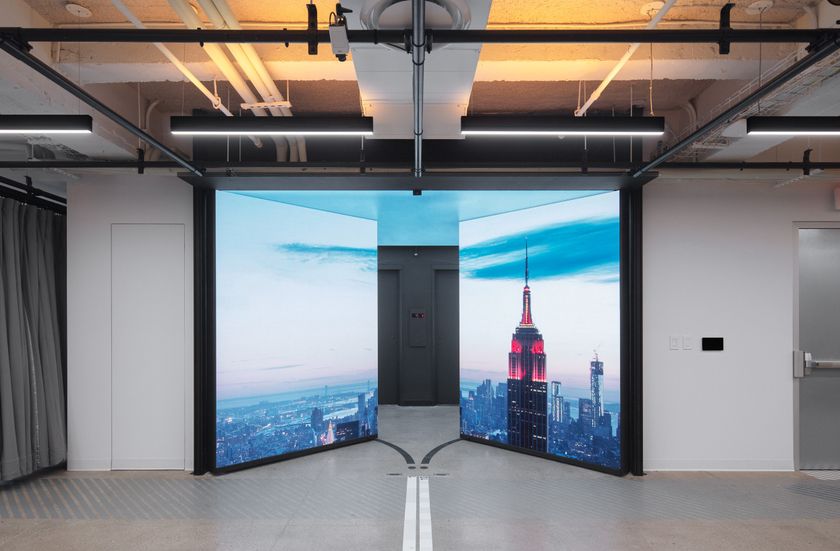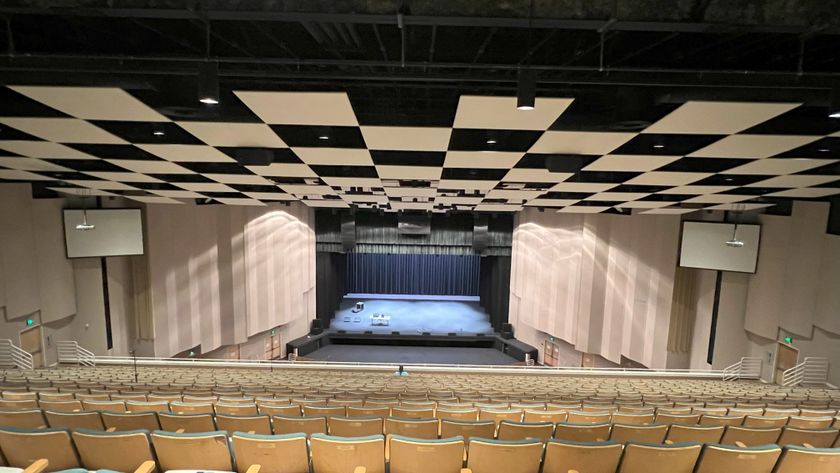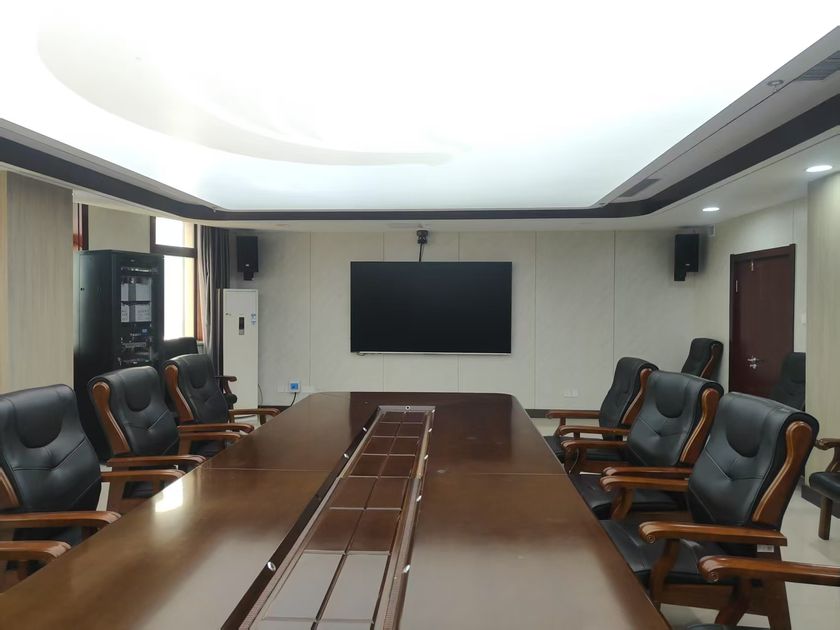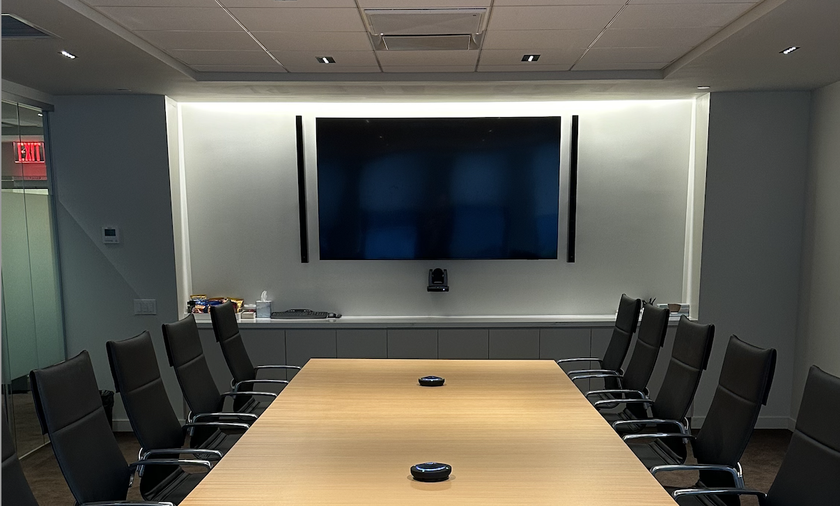Often, I'll be attending a meeting with a new client who is having AV problems and notice that they have a consumer-grade plasma screen on the wall of their boardroom. Before the specifics of
the company's audiovisual ailments are even mentioned, I usually have a hunch as to what happened. It usually turns out that the CEO or owner of the company had a snazzy audiovisual system installed at his or her residence and asked that same AV integrator to do his or her boardroom. This happens all too often in the corporate AV market. The truth is that there are two genres of AV integrator - residential and commercial. Some can do both types of work, but a good "resimercial" contractor is hard to find. Even if you find an integrator with competence in both areas, does having those crossgenre skills bring much to the table?
If you need a system installed in your company's boardroom, the first thing to consider with an integrator is their specific skillset. I've seen many residential vendors trying use line-level audio or RCA connectors for video interconnections. In fact, some residential contractors aren't even proficient in basic soldering skills, since they typically use pre-terminated off-the-shelf interconnects or RCA-type connectors. In a commercial environment, all wires are cut to length, hand terminated, tested, labeled, and documented. If an integrator only has experience with preterminated cables, then surely these skills will be lacking, and could lead to failures.
A residential integrator may not have access to commercial lines from companies such as Polycom, Tandberg, Sharp, or Extron - all staples in the commercial AV integration market. So if you have a residential integrator do a conference room at your office and they provide you with a Tandberg codec, chances are they bought it through a wholesaler or two-stepped its procurement. This could lead to warranty issues in the future.
Probably the most frequent problem that rears its ugly head when a residential contractor is asked to provide a system in a commercial environment is the use of a consumer-grade display system. All too often you will see a something like a high-end Pioneer Elite plasma screen or a top-of-the line Runco projector being used for PowerPoint presentations. Both great products - but they are not necessarily suited to the display of static images. A good commercial-grade LCD display would be better suited to the conference or boardroom than a high-end plasma screen. The residential integrator just wants to give their commercial client the best product that they sell; probably unaware that it isn't well suited for the application.
Consumer products creeping into the workplace have more drawbacks than just cost and overkill. In the case of displays, consumer products may have shorter warranties and lack PC compatibility, heat management, and many of the mounting options that are standard to commercial products. And I've seen entire boardroom systems with a control system that utilized only IR-based control. This practice is not recommended in a mission-critical, commercial environment.
There is another area where using a residential integrator on a commercial project might result in problems. If a residential integrator does not employ union skilled labor, you could find your drywallers, plumbers, electricians, and millworkers literally walking right off the job, causing construction-related delays.
There are some AV product categories that are simply not appropriate for residential applications, which means residential integrators would have no reason to have expertise in these areas. A good example of this is echo cancellers in conferencing applications. Imagine a residential integrator trying to make an echo canceller work perfectly in a commercial installation; chances are the endeavor won't end with a success story and a happy client. And I have seen many AV manufacturers put someone on a plane at their own expense and travel across the country just to support one of their products, even though an inappropriately qualified integrator installed it.
The fact is that most residential integrators are great at what they do, especially if they are CEDIA certified. And there are just as many caveats to considering a commercial integrator for a high-end home theater or distributed audio system project in a custom home. But the next time your CEO says, "Use this company, they did my multi-million dollar house," you may want to say, "Well, boss I will if you insist, but I would recommend using a commercial contractor who is better suited to the challenges present in a corporate construction project." The successful outcome of your project - and your job - may well depend on it.
Joey D'Angelo is a principal consultant with Charles M. Salter Associates in San Francisco, CA, and specializes in AV/telecommunication systems. Joey is also a musician in a punk rock band where he plays guitar and performs lead vocals. He can be reached at joseph.dangelo@cmsalter.com.

